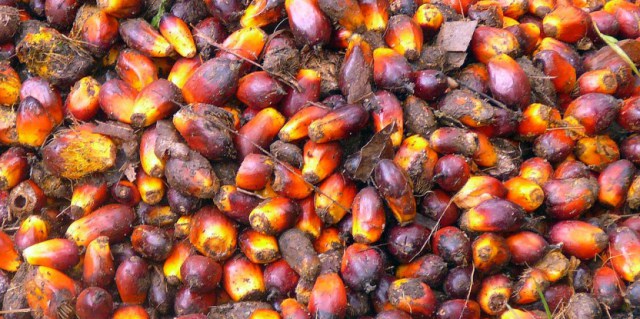Plantations International Information

located to be sourcing unsustainable hand oil. They also have the ability to fulfill sustainability requirements as well as still gain a revenue. Nonetheless, the exact same could not constantly be specified of the smallholders that a great deal of these business resource from.GETTING TO THE BEGINNING OF IT Smallholders are much less inspired by reputational risk, as they have no identifiable brand name to safeguard. However their accessibility to mills and the international market matters.Smallholders, who generate approximately 40 percent of Indonesian hand oil, and additionally are a significant vehicle driver of logging as well as numerous other sustainability barriers, are much more possible to withstand change. Bunches of do not have the competency, technical ability, information or financial adaptability to update their techniques according to sustainability standards.But recent dedications by significant worldwide hand oil financiers to get eliminate logging from their supply chains intimidates to omit smallholders.A research study carried out in West Kalimantan, Indonesia, showed that smallholders lost as high as 70 percent of their possible earnings as a result of “plantation rates”and the settlement of credit. In this context, it is affordable that the included expenditures of lasting methods – like better monitoring as well as reporting of demands and additionally training in good farming approaches – existing major challenges to change.Adding to these challenges are established way of thinkings as well as techniques among federal government in addition to whole lots of that handle and also staff the market – from farmers to mill-owners – that can not absolutely understand sustainability concerns, or exactly what they imply in practice.The communication of these aspects has generated “a faultied as well as complex landscape of social as well as environmental plans, demands and policies, “claimed Gnych.And, possibly unsurprisingly, the treatments are more than likely to be in a similar way made facility.”I do not think that there is a one-size-fits-all responses to this,”Gnych claimed,”however presently hand oil producers usually aren’t likewise satisfying the minimal lawful needs.”Gnych’s research study lays out a variety of ideas to enhance sustainability on the market. Amongst them include enforcement of existing policies as well as better land-use preparing from federal government, bringing the sustainability conversation to the regional level as well as supplying costs, budget plan friendly technical aid along with options to smallholders.The research study also examines the other side of the formula – the require side – that is all regularly ignored.SUPPLY AND ALSO NEED Talking at the International Workshop on Oil Hand as well as Ambience(ICOPE)in Bali in March, Indonesia’s Coordinating Priest for Economic Affairs Darmin Nasution showed the need side as the place of the problem.”Some European nations will certainly not hesitate to advertise a boycott on non-sustainable hand oil, nevertheless, they have yet to be ready to pay a costs for lasting things,” he stated.” We could not take the concern alone, the cost of being sustainable is not merely the producers’responsibility, nevertheless similarly the customers ‘ responsibility.”So merely what making of the preacher’s statements? If clients seek to be a lot a lot more lasting, will they be should carry the consisted of expenses of hand oil sustainability too?”Everyone calls for to play their element. I don’t think it’s constantly regarding the client paying a whole lot much more. It involves distributing expenses relatively along the worth chain,”Gnych claimed.”Today, a lot of the profits are produced at the retail, production, refining as well as trading phases. Motivating greater uptake in this regard will concentrate around streamlining the supply chain in addition to the redistribution of wide variety.”” Basically, it has to do with the big person providing a better bargain to the little person, and recognizing the real expenses of lasting manufacturing. “Plantations International EmailtoImage The article< a rel="nofollow"href =" http://www.plantationsinternational.com/what-will-it-take-to-make-lasting-palm-oil-the-norm/" > What will it require to make enduring hand oil the norm? appeared initially on
